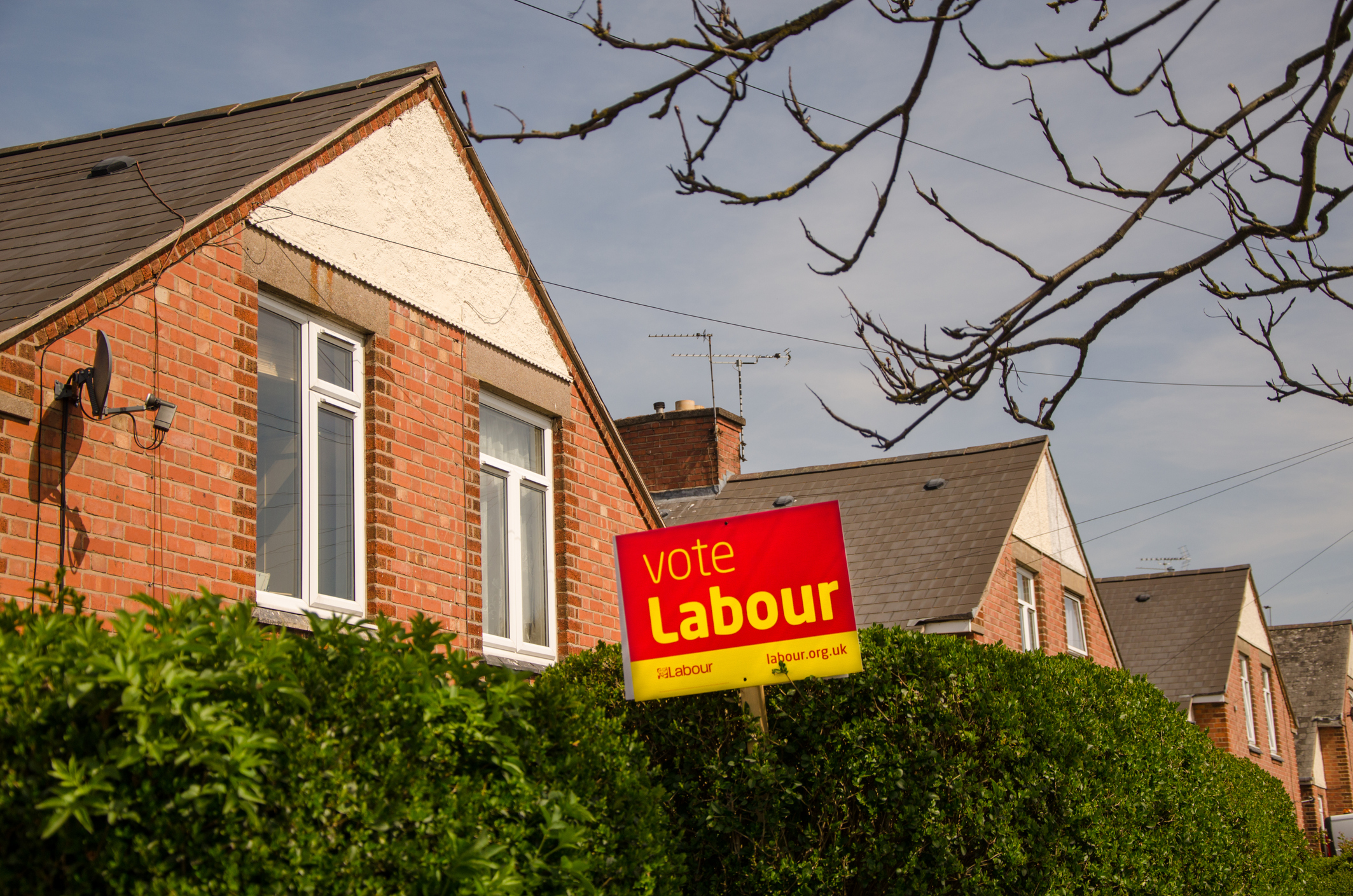In some ways, he was always doomed. Keir Starmer inherited a Labour Party in chaos: marring leftist factions have continued to battle as the party fumbles to find its identity in the wreckage of a landslide defeat. This period was always going to be Labour’s existential crisis. It has been left to ponder its future while facing threats from every corner: from nationalists in Scotland and Brexit voters in England who have long felt patronised by the left, to the Equality and Human Rights Commission’s damning findings on the party’s institutional racism. The result is a civil war waged over social media by its activists while a cynical and dejected electorate looks elsewhere. The crisis in Labour didn’t heal with the departure of Corbyn, but intensified.
The question of who, or what, is to blame for Labour’s woes will hang over the party for years. The party’s moderates, the grandchildren of Blairism, point to the deep damage Corbyn’s ideology unleashed on the party’s brand and political culture. By the press, Labour has been painted as irredeemably Marxist, reactionary, unprofessional, flirting with despots and antisemitic in the minds of voters. How could the average voter support a party that was happy just two years ago to put an IRA apologist in Number Ten? Their counterparts on the hard left think differently: that the party’s troubles are caused by someone a little closer to home. To them, Starmer is the problem. They portray (“Kieth”, as they like to call him) Starmer as a beige, inconsequential leader who fails to cut through to the average voter. The issue, they say, isn’t leftism but lack of vision. The man is too bland to tease the average voter away from the boisterous and infectious personality reclining in Number Ten.
The problem is that they are both right and neither faction will admit it. The Ghost of Elections Past will continue to haunt the party until they do. But it’s an inconvenience for both groups: neither wishes to accept culpability for Labour’s shortcomings, or to assign any degree of credibility to the concerns of the other faction, particularly after the last five years of toxic arguments and vitriol. The wounds run deep.
The moderates are right: the Labour Party is suffering from a case of Long Corbyn. There is still a vague aroma clinging to the party of that Marxist, reactionary, unprofessional student politics, despite the change in leadership. It isn’t coming out of Labour HQ so much as vestiges on Twitter and Facebook, sometimes from the Party’s MPs and officials. The day before the polls, Diane Abbott MP retweeted a glowing obituary to Bobby Sands, the famed former IRA member. There are party officials who are guilty of similar unprofessionalism: just yesterday a member of Labour’s National Executive Committee tweeted that he didn’t feel like voting for Labour himself. And the Unite union, one of the party’s major financial backers, has an apparently unpaid legal bill that may have mounted to over £1m, as it opted to fund a Corbynite blogger’s legal fees in an (unsuccessful) defence of a defamation claim mounted by former Labour MP Anna Turley.
This backdrop demands, as the hard left points out, a leader who isn’t bland. What is needed is a radical clear-out, and fast. Starmer’s incremental, measured tone works well when cross-examining Boris Johnson at PMQs, but lacks impact in a party in disarray. Sadly for Starmer, no-one outside of the politico bubble watches PMQs. If Starmer is to eradicate the stench he needs to start by tackling its root cause: the extremists that continue to lurk in the underbelly of Labour. This demands a Neil Kinnock moment – a firm statement saying that Labour is no longer Corbyn’s party, and then decisive action. This time, the leader’s poignant speech wouldn’t be calling time on those who have mismanaged Labour council budgets as Kinnock’s did in 1985, but on those who have treated the Labour Party like the worst type of bad flatmate: one who trashes the shared living space, and refuses to pay the rent while moaning that their fellow boarders don’t like them enough. The clear-out must include MPs as well as activists.
Labour has lost Hartlepool. Its residents – who, I am sure, are thoroughly sick of being treated like the subjects of British politics’ answer to The Truman Show – have voted with their feet. Is thorough cross-examining of Johnson at PMQs enough to revert them to a left they feel has long abandoned them? I think not. Labour will continue to lose seats until the rot has clearly gone. This will be Starmer’s challenge. Kinnock may not have won a general election, but by taking strong, well-publicised action, he paved the way for those who did.
Perhaps Starmer is playing the long game. I cannot say I blame him: he’s facing a Conservative administration mired in scandal after scandal. One day the scandal count will be be so high, and voters will notice, even if they don’t now. It has become fashionable for right-wing pundits to claim that “Teflon Boris” won’t succumb to the usual headlines about corruption because voters have factored sleaze into their support for him. But even the most hardline of voters have their limits. We must hope that, when that time comes, Starmer’s Labour Party will be strong enough to return them to the left.
